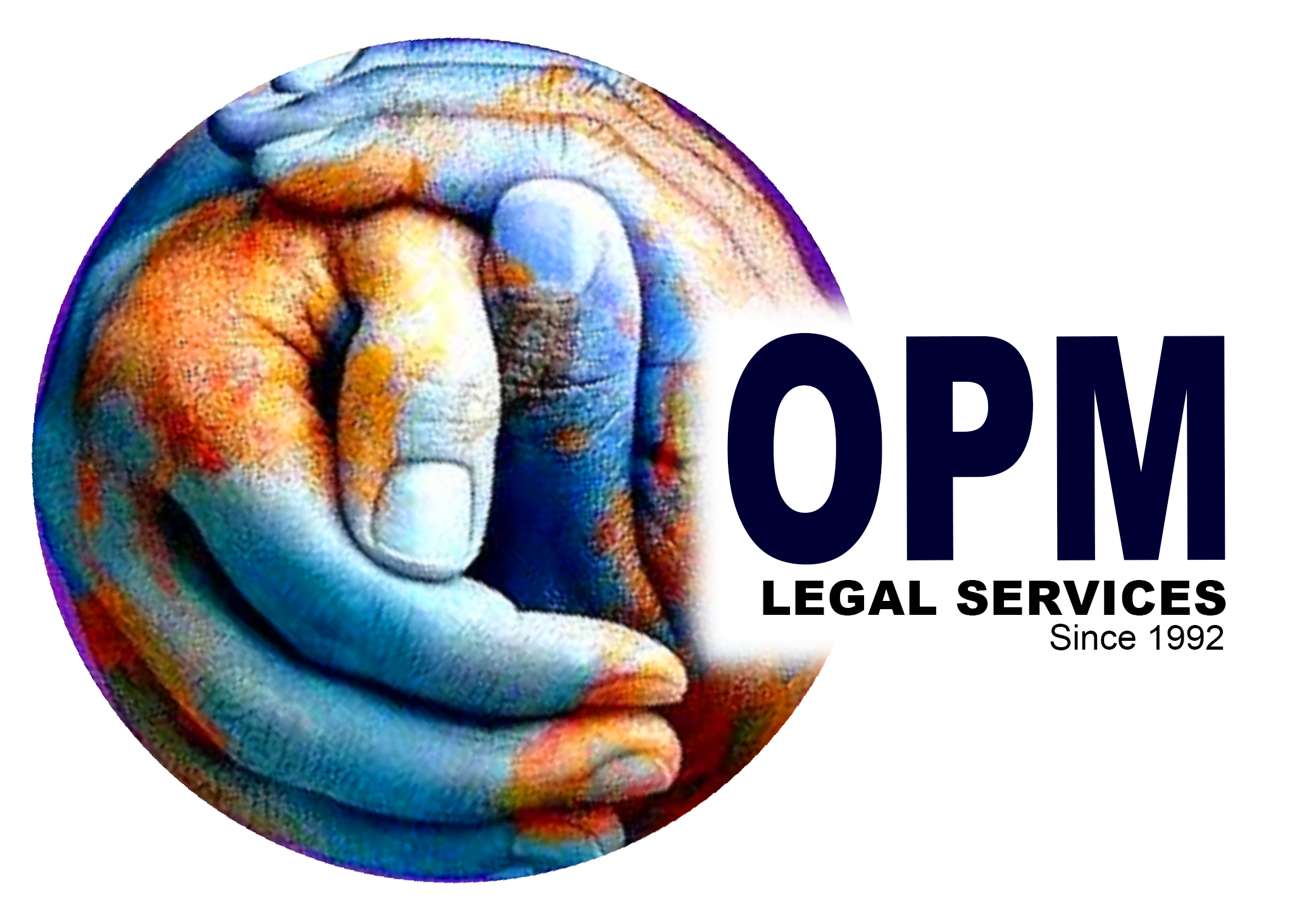
The Board of Directors of the Superintendency of Panama approved Agreement JD-02-2022, which introduced new mandatory compliance provisions for owners of Panamanian corporations, foundations and bank accounts, as well as for lawyers and public accountants.
Several lawyers have filed claims of unconstitutionality of the document, but the Panamanian Supreme Court has not yet ruled. This new Agreement comes in a context in which Panama, like other offshore jurisdictions, has adopted a series of unpopular measures.
By taking these steps, the Panamanian government wants to prevent the country from returning to the black and gray lists of entities such as the Organization for Economic Cooperation and Development (OECD) and the Financial Action Task Force (FATF).
Now, both lawyers and public accountants will have to document the "risk assessment of the regulated entity". This is a risk identification, analysis and assessment process that allows them to know the probability of occurrence of the identified risk and its possible consequences. Potential risks include money laundering and terrorist financing.
Lawyers and CPAs will need to review, at least annually, the documentation of their risk assessments to ensure that there have been no significant changes in those risk factors.
Due diligence and risk mitigators
In addition, it will be mandatory for lawyers and public accountants to adopt risk mitigators. These are internal controls that will allow them to minimize or reduce exposure to the risks associated with money laundering and terrorist financing, as well as the misuse of corporations, private interest foundations, limited liability companies, etc.
Among these mitigators are, for example, the design of a risk-based approach methodology; the application of due diligence measures for clients and final beneficiaries, as well as the adoption of a prevention manual.
The Agreement also requires the application of due diligence measures, with a risk-based approach. Therefore, before the contractual relationship begins, the lawyer and public accountant must require a client to be a natural person:
- Full name
- Identity card or passport number
- Date and place of birth
- Nationality
- Contact information, such as telephone and email
- Profession or occupation
- Personal address
- Principal activity in which you are engaged
- Jurisdiction of operation
- Tax identification number
In the event that a person acts on behalf of another natural person, he/she must be identified, as well as the beneficial owner, in the case of natural persons other than the client.
In the case of a legal entity partner, the due diligence contemplates:
- Full name and type of legal entity
- Data and date of registration
- Country of incorporation
- Contact information
- Principal activity in which you engage
- Jurisdiction of operation
- Tax identification number
- Details of beneficial owners, directors, attorneys-in-fact, signatories and/or legal representatives
To verify the reliability of the information presented by clients, lawyers and public accountants should consult independent sources. In addition, they will have to request relevant documentation from clients. These documents include:
In the case of natural person partners
- Copy of identity card or passport of the customer, of the third party acting on behalf of the customer and of the beneficial owner
- Contact details of a natural or legal person providing banking and/or commercial references of the customer, the third party and the beneficial owner
- Copy of a document indicating the customer's address
- Copy of the business license, notice of operation or similar document issued by a competent authority
- Certificate of the taxpayer natural person, issued by a competent authority
In the case of legal entities:
- Certificate of public registry or similar document verifying the validity of that legal entity
- Copy of the commercial license, notice of operation where the activity in which the legal entity is engaged is indicated
- Certificate of the taxpayer legal entity
- Copy of identity card or passport of the final beneficiaries, directors, attorneys-in-fact, signatories and/or legal representatives.
- Copy of any document showing the address of the beneficial owners, directors, attorneys-in-fact, whether utility bills, purchase or lease agreements, etc.
- Data of a natural or legal person that offers banking and/or commercial references of the client and the final beneficiary
Attorneys and public accountants will have to submit all information and documentation that the Superintendency deems necessary to them. This documentation shall not be public and may not be disclosed by the Superintendency.
- Supporting documentation to verify the implementation of due diligence measures and risk mitigators
- List of clients to whom services are offered
- Risk assessment methodology, updates and results of its application
